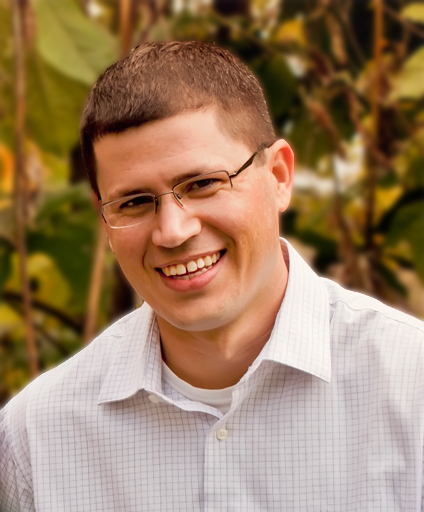"Profiles in Digital Scholarship & Publishing: Justin Hodgson"
Download PDF About the Interviewee Justin Hodgson is an assistant professor of rhetoric, writing, and digital media studies in the Department of English at Indiana University in Bloomington, Indiana. His book, Post-Digital Rhetoric and The New Aesthetic is available as of March 2019. Justin is the founder and general editor of TheJUMP+, The Journal of Undergraduate Multimedia Projects. This juried, electronic journal publishes exceptional undergraduate multimedia projects from students around the world. It also serves as a pedagogical resource for teachers interested in and working in multimedia and digital composition and scholarship. About the InterviewerElizabeth Barnett is an MA candidate in Rhetoric and Writing in the University of New Mexico's Department of English Language and Literature. Her interests lie in the pedagogy of multimodal digital composition and technical writing. ContentsElectracy and Thinking Digitally |
Electracy and Thinking DigitallyXchanges: Back around 2015 in a blog post titled Do you still use this term “electracy” and is it still a central part of your research focus today? Has your definition changed in the last few years? If so, how? Is there a difference between “electracy” and “digital literacy”? If so, what is that difference as you see it? JH: “Do I still use it in my work?” The answer is a mixed bag of yes and no. To understand that, I think it helps to know the difference between the two. Electracy and digital literacy have a lot of overlap. They are playing in the same space, which is trying to account for what happens with digital technologies and how [they're] impacting us. The real difference is they kind of operate from completely different epistemological orientations. Digital literacy by design is often tied to functional capacity with the technology and/or developing critical skills with the technology: knowing how to use it and how to interpret what's going on, but then maybe at some point, how to use it for other ends or to intervene into it. It's very much tied to a kind of technological-based form of understanding and then the application. Whereas, electracy is more of what happens when these tools set upon us. They fundamentally change how we see, interact, and engage the world. They change the spaces where, for Ulmer, digital citizenship can take place. His focus is more a matter of how are these media setting upon me and how do they change me? The core of his work is conductive logic and showing how digital media and digital technologies work on a principle of the relay. When you participate in digital spaces, it's a matter of relay and using the individual to discover and invent. Then the question is, “Does it still manifest in my work?” It does and it doesn't. In the kind of conversations that I have across my campus and with other folks, the term digital literacy has gotten more stock. It's easier to frame a lot of things in terms of digital literacy than to teach them about this electracy paradigm. But I think the principles that Ulmer's after, the ways in which we start from the individual, we invent from the self, and that electronic technologies allow us to discover new things in new ways, and focus on matters of affect, engagement, atmosphere, and attunement, remain at the core of the inquiry that I do. [video:youtube:FiUM3Kj0zos]In my book Post-Digital Rhetoric and The New Aesthetic, essentially what happens is I'm performing a lot of Ulmer’s ideas, but just performing them in a scholarly mode, rather than talking about it as electracy. It's an odd thing to explain if you haven't read one, two, or 20 of the works by Ulmer. His life's work is the series of books that are all leading to building an entirely new paradigm. Victor Vitanza once referred to him as the Aristotle of the 21st century. He's inventing a new metaphysics, if you will. My term, post-digital rhetoric, that's not a common frame. I’m trying to build my own platform to say, "No, here's how I want to think about it. Here's how I think we should be approaching this stuff." I’m just trying to bridge conversations because I'm between art, aesthetics, rhetoric, media studies. |